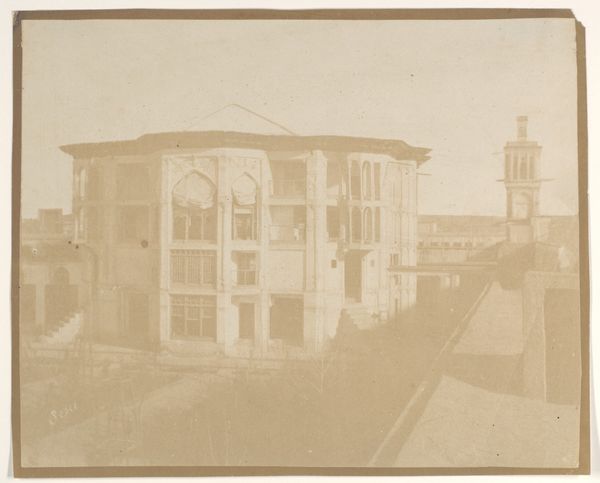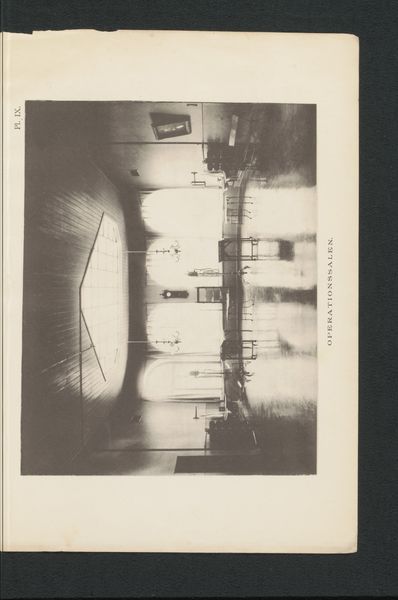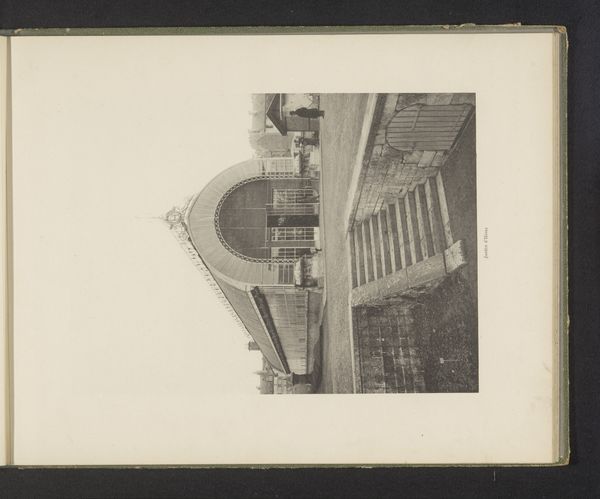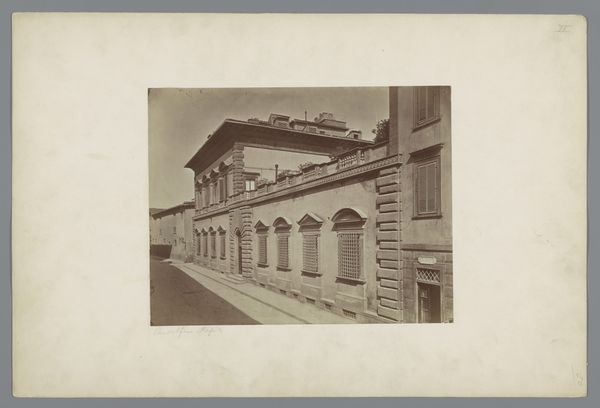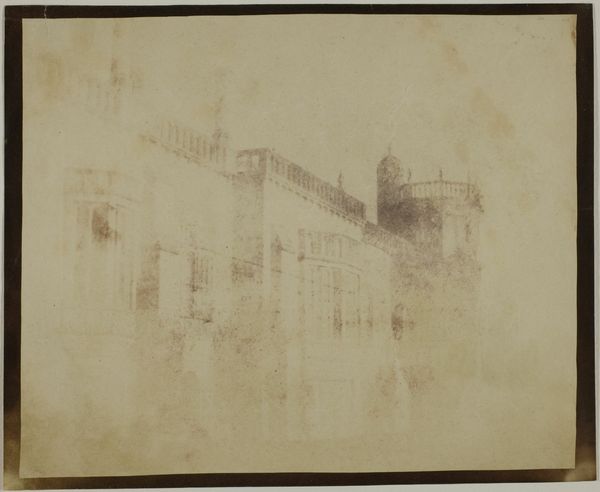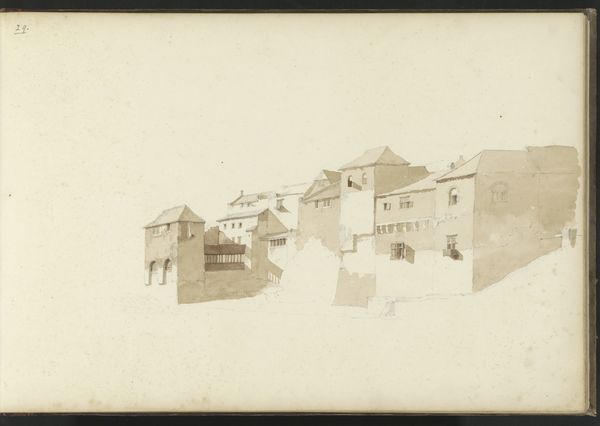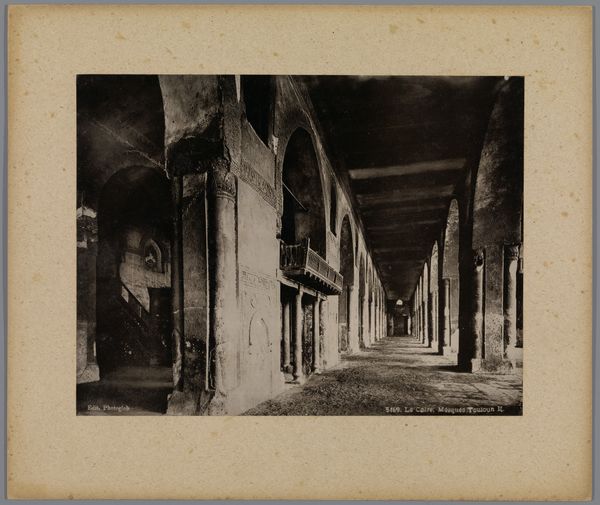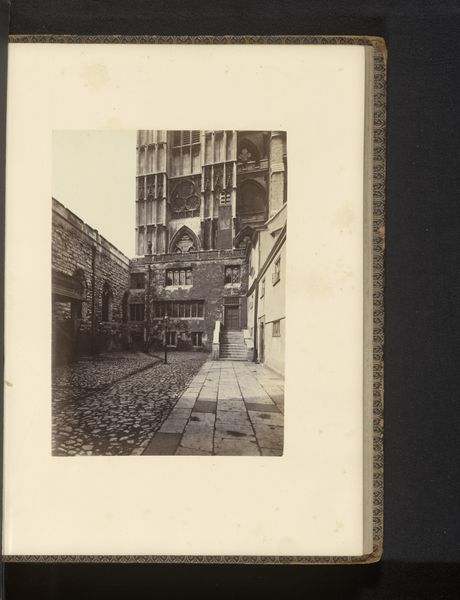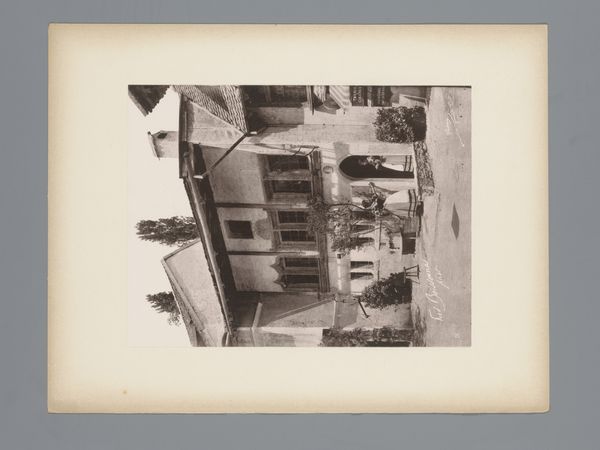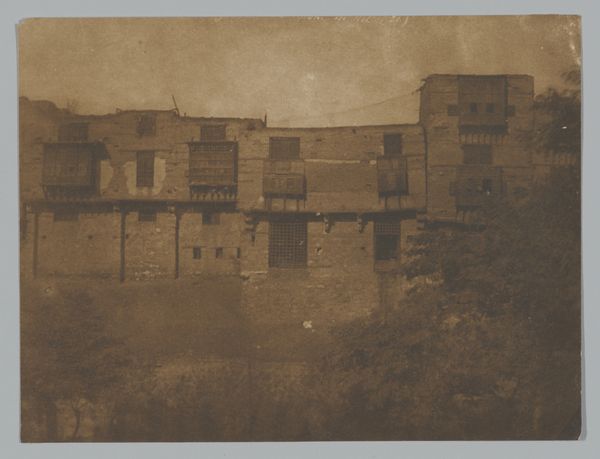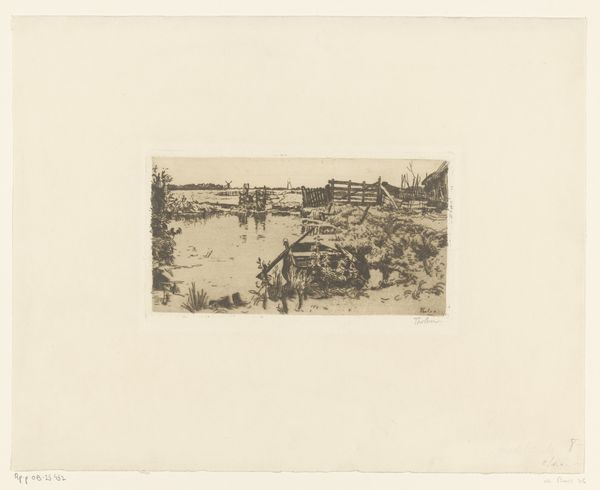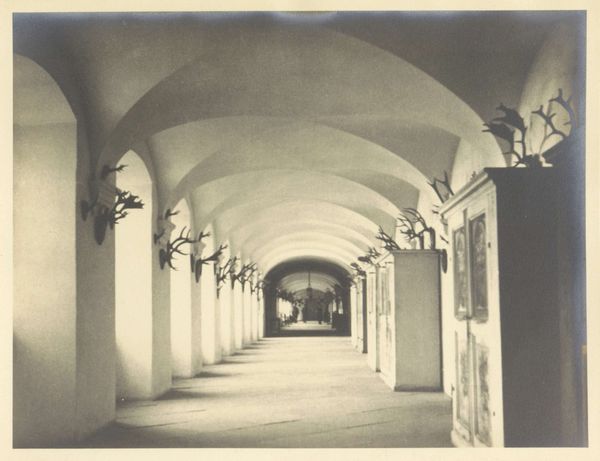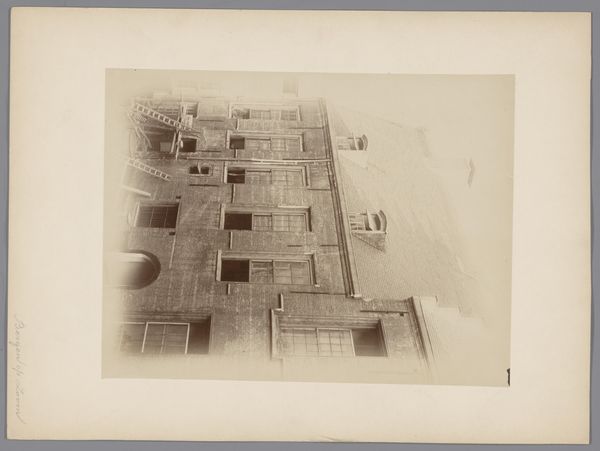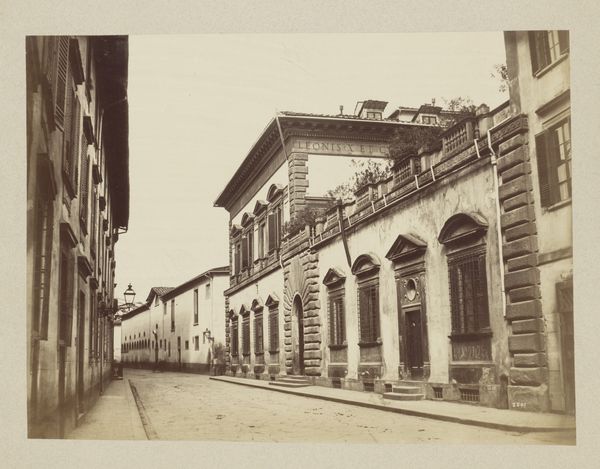![[Palace of the Dey of Algiers, Algeria] by Gustave de Beaucorps](/_next/image?url=https%3A%2F%2Fd2w8kbdekdi1gv.cloudfront.net%2FeyJidWNrZXQiOiAiYXJ0ZXJhLWltYWdlcy1idWNrZXQiLCAia2V5IjogImFydHdvcmtzLzM0MTQxY2NhLTBiYWUtNDVkMC1iNDJkLTY1NWQ4NWNhNTEyZC8zNDE0MWNjYS0wYmFlLTQ1ZDAtYjQyZC02NTVkODVjYTUxMmRfZnVsbC5qcGciLCAiZWRpdHMiOiB7InJlc2l6ZSI6IHsid2lkdGgiOiAxOTIwLCAiaGVpZ2h0IjogMTkyMCwgImZpdCI6ICJpbnNpZGUifX19&w=3840&q=75)
architecture
#
aged paper
#
toned paper
#
homemade paper
#
photo restoration
#
natural tone
#
unrealistic statue
#
carved into stone
#
arch
#
golden font
#
watercolor
#
architecture
#
historical font
Dimensions: Image: 28.7 × 38.6 cm (11 5/16 × 15 3/16 in.) Sheet: 29.1 × 39.8 cm (11 7/16 × 15 11/16 in.), irregularly trimmed
Copyright: Public Domain
Gustave de Beaucorps captured the Palace of the Dey of Algiers using photography. The architecture is defined by the prominent arches. In many cultures, the arch is more than just a structural element; it is a symbol of transition and passage. Think about ancient Roman aqueducts, their arches marching across landscapes, bringing life-sustaining water. The archway motif transcends geographical boundaries. In Renaissance paintings, arches frame sacred or significant figures, emphasizing their importance within the composition. In this photograph, the arches create a rhythm, a visual pathway that draws you deeper into the heart of the palace. This resonates with our subconscious desire for exploration and understanding. Consider how the arch, initially a symbol of strength, has become an emblem of welcome and passage through time. Its enduring presence reminds us that cultural symbols never truly disappear; they are constantly being reinterpreted.
Comments
No comments
Be the first to comment and join the conversation on the ultimate creative platform.
